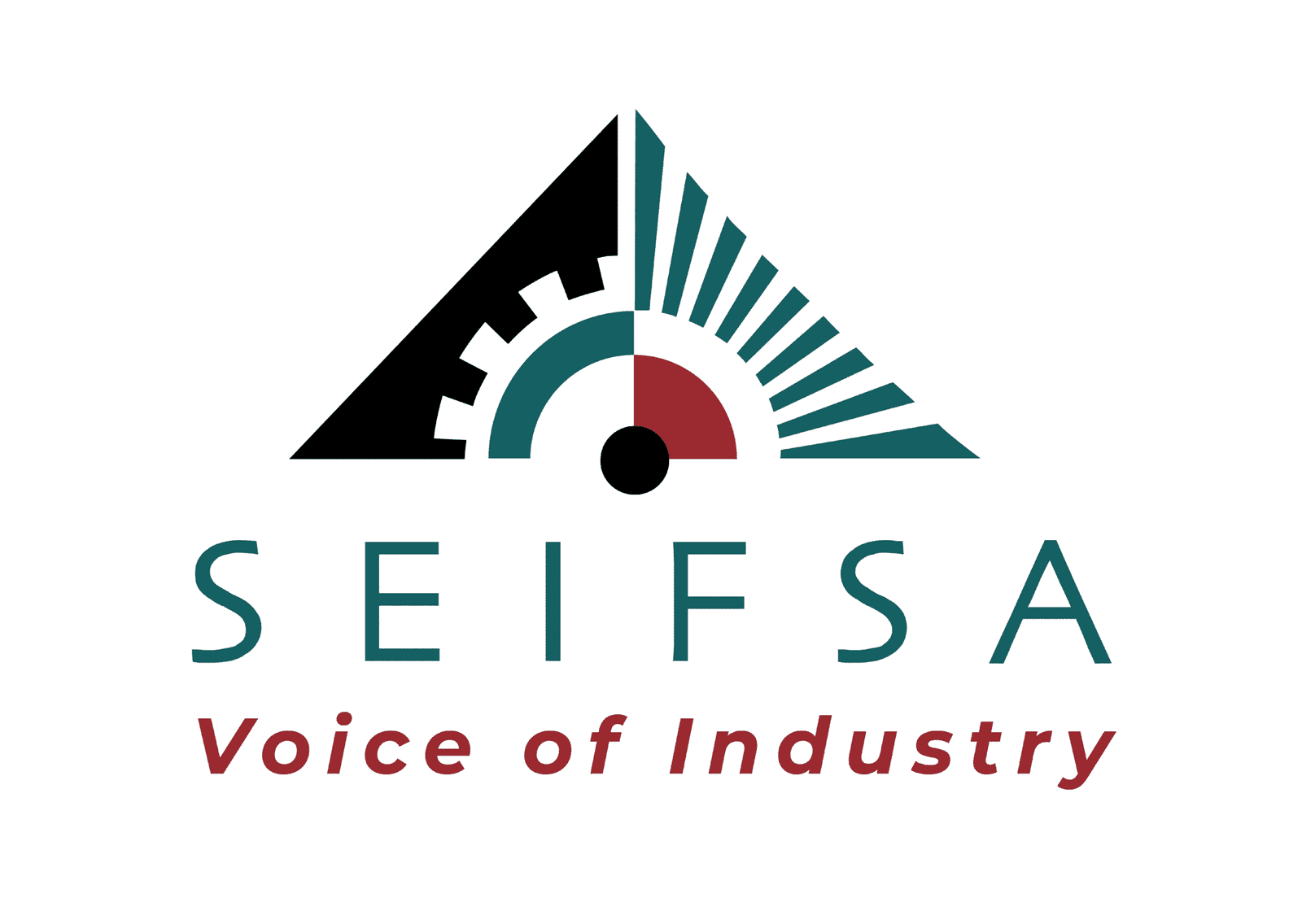SEIFSA, on behalf of the 18 member organizations, concluded a settlement agreement this year with the industry’s five trade unions on terms and conditions of employment for the next three years. Aside from wages, a key undertaking is a provision dealing with access to housing for industry workers.
It has recently come to SEIFSA’s attention that a number of rumors and mistruths are doing the rounds in industry in relation to this provision. These range from allegations that a R2 billion-rand employee housing loan scheme to be funded from the funds surplus has been agreed, allegations aimed at framing this commitment as being unlawful, that Trustees of the Metal Industries Provident Fund and Engineering Industries Pension Fund (MIPF/ EIPF) Board are been dictated to by the collective bargaining partners, that undue pressure is being exercised on certain key officials of the Funds to endorse the scheme, whether the proposal has been vetted by the Financial Services Conduct Authority (FSCA) and a suspicion that an unlawful act is being perpetrated.
These statements are all patently untrue, unfounded and simply do not relate to what has been agreed. For the record, herewith the key provision:
‘’…The Parties agree that this matter will be referred to the Board of Trustees of the Funds with the objective of developing an institutional framework, covering amongst other, eligibility and legal criteria, funding model/s, subsidy mechanisms and/or programmes, substantive policy approaches etc., by no later than three (3) months of signing this agreement. All processes and principles pertaining to accessing funds must be lawfully conducted…’’
SEIFSA through the Office of the SEIFSA President, CEO, Finance Executive and elected Employer Representatives of the member organisations serve as Trustees on the Board of the MIPF and EIPF.
We confirm that the Board has referred the matter to the MIPF/ EIPF Investment Committee who are in the process of diligently testing the veracity of the undertaking from a legal due diligence point of view before any investment case will be considered.
Should a business case prevail, the matter may be considered for investment purposes in due course.
We also confirm that as this matter may concern an investment of funds’ assets, the FSCA is aware of this matter and we welcome their oversight.
The allegation that R2 billion-rand will be utilized from employee surplus funds is patently untrue. In the event that a business case prevails, any such investment out of the investment of the funds simply cannot be beyond the course and scope of the Fund Rules, read together with the Investment Policy Statement (IPS) as well as the Pension Funds Act, 24 of 1956.
Importantly, an investment will not be made without the regulatory and investment hurdles been overcome. We assure members and industry that the Board is acting independently and that the veracity of the investment proposition will be comprehensively examined, before any funds are released.
We assure members and industry, that no unlawful act is and/or will be perpetrated as this project rolls-out. Furthermore, we are unaware of any undue pressure being placed on Trustees and/or Officials of MIBFA to fast-track delivery.
The commitment by the collective bargaining partners to meaningfully address access to housing for industry workers is a long-standing item which has featured on the list of union demands over may years. In this regard the preamble to this commitment is worth reading:
“…South Africa is characterised by large scale unemployment in the formal sector and mirrored in the metals and engineering industries. The increasing growth rate of the economically active population in conjunction with a declining or stagnant rate of growth of GDP, implies that the level of unemployment, coupled with the declining levels of per capita GDP, has a negative effect on demand for and investment in housing. A solution to this problem is fundamental to a sustained solution for the housing problem.
At the same time, it is equally apparent that the housing sector has a potentially enormous role to play in the revitalisation of the South African economy and the metals and engineering industries. This point is underlined by the very high direct and indirect economic multiplier effect of housing production.
The Parties have therefore agreed to forge a partnership between the various tiers of government, the private sector, industry stakeholders and communities with the goal of leveraging and ring-fencing metals industry’s pension and provident funds for housing.
Success in meeting the housing challenge will be one of the cornerstones of rebuilding our social structures and regenerating the economy…”
It would be prudent to remind ourselves that the MIPF/ EIPF Agreements have emerged out of collective bargaining negotiations that have taken place over the years, under the auspices of the Metal and Engineering Industries Bargaining Council (MEIBC), and that this would not be the first time, that the Funds have taken steps to support industry and/or country-wide shortcomings which happen to align with the Funds IPS.
Lucio Trentini
Chief Executive Officer
Issued by SEIFSA
3 July 2024

